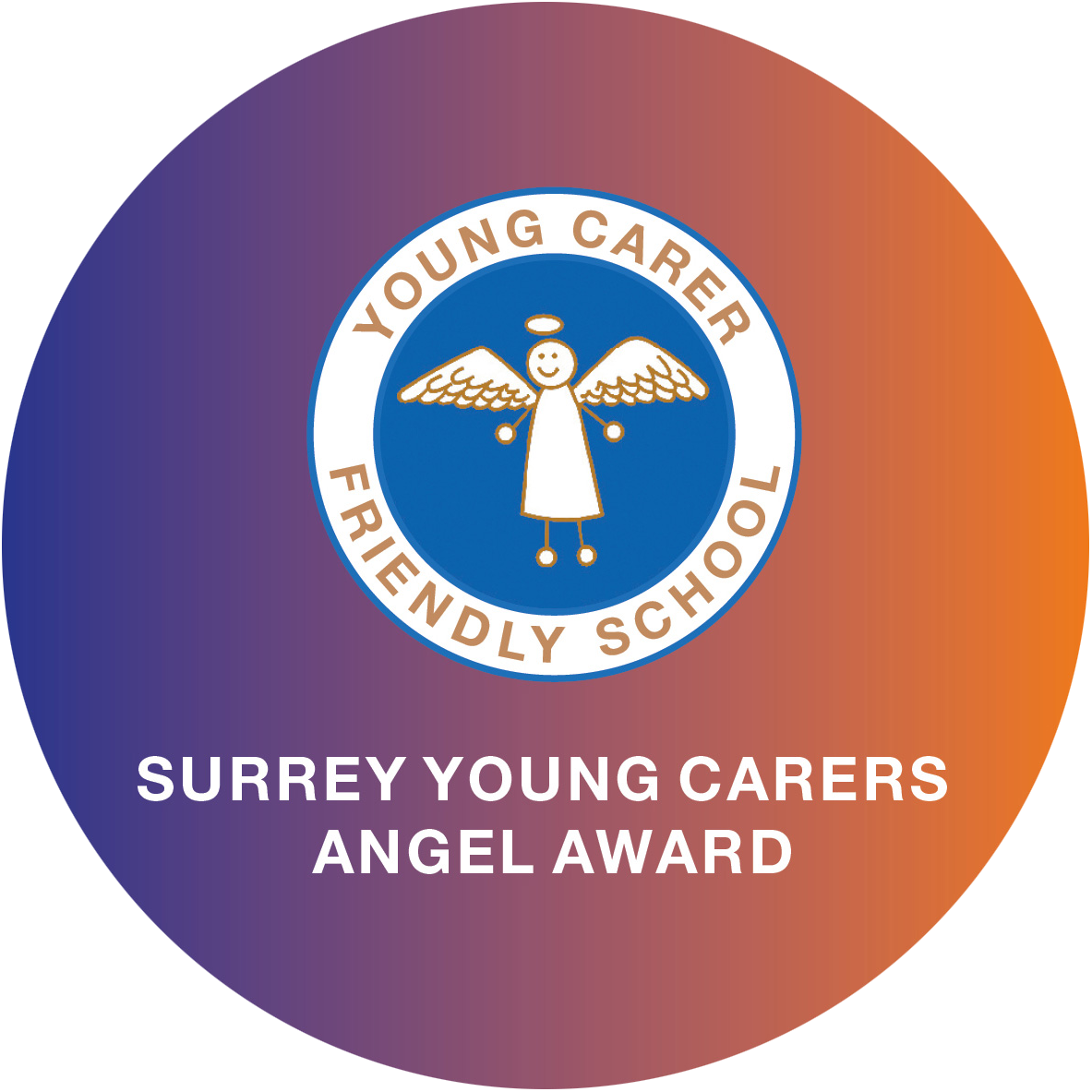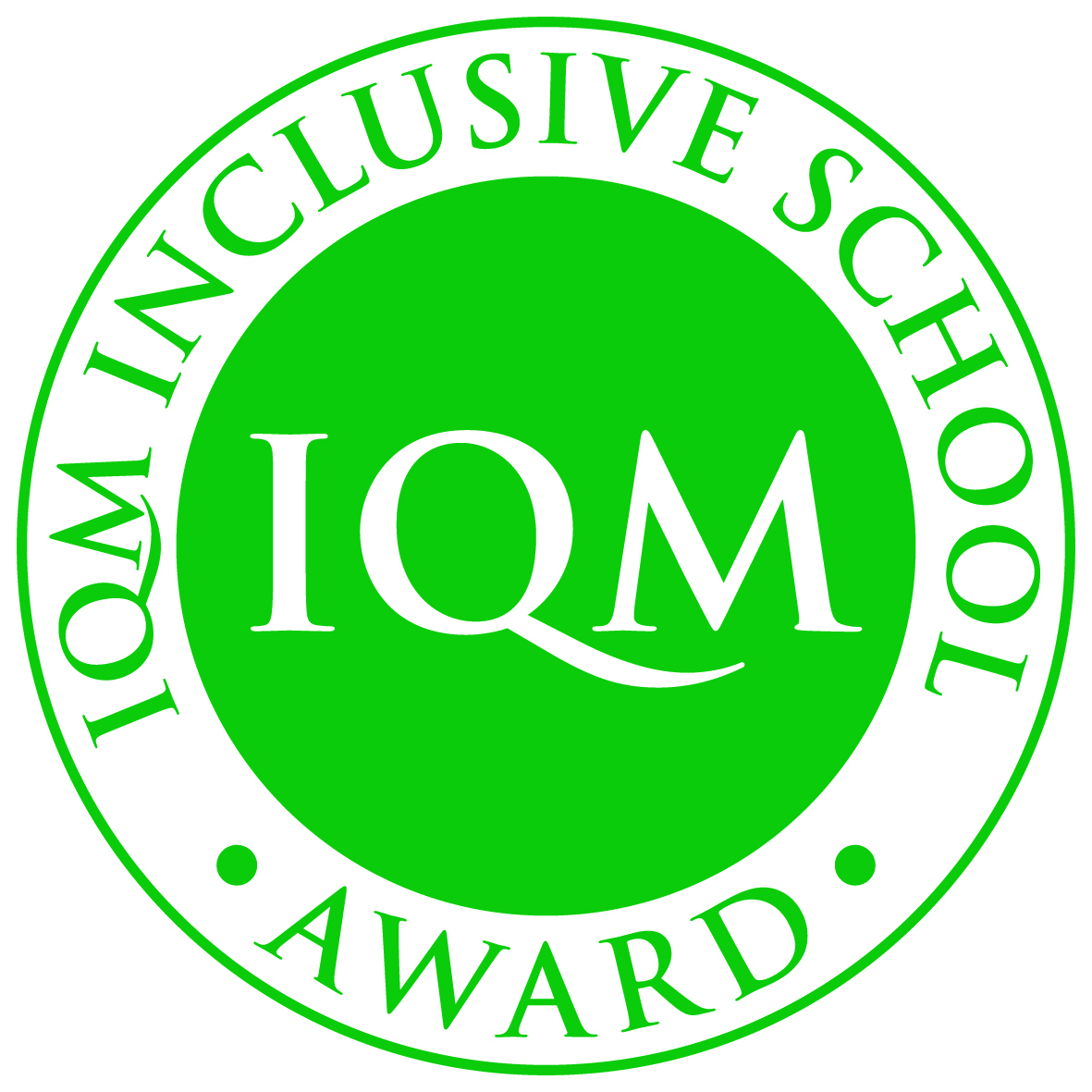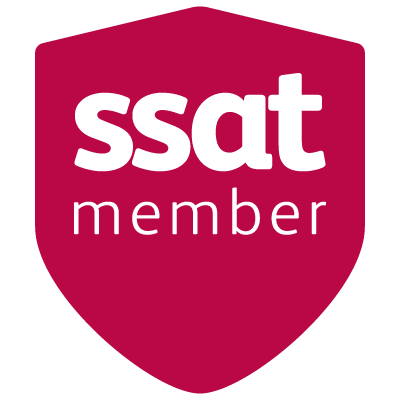Mathematics
‘The value of the problem is not so much coming up with the answer as in the ideas and attempted ideas it forces on the would be solver.'
Israel Nathan Herstein
At St Mary’s We know that a high-quality mathematics education provides a foundation for understanding the world, the ability to reason mathematically, an appreciation of the beauty and power of mathematics, and a sense of enjoyment and curiosity about the subject. Our curriculum provides a foundation for understanding the world, the ability to reason mathematically, an appreciation of the beauty and power of mathematics, and a sense of enjoyment and curiosity about the subject. Therefore pupils at St Mary’s enjoy mathematical challenges and develop a can do attitude towards problem solving.
Hope
Our maths curriculum challenges children and provides them with the hope achieve further without giving up and become a truly great mathematician.
Wisdom
In Maths, our children develop their knowledge of fluency through number facts to support their learning of skills to reason and solve problems.
Community
Our children will show honesty when developing their maths skills, self-evaluating areas they can develop through further practice. They work together effectively in groups to achieve a goal, knowing teamwork and sharing of skills can help achieve success.
Respect
Our children will show compassion for others when working on challenging questions and provide a culture of support for those who try, even when not successful. They will show honesty when marking work and self –assessing tasks. Through group activities and problem solving they will listen to others ideas and encourage participation by everyone.



